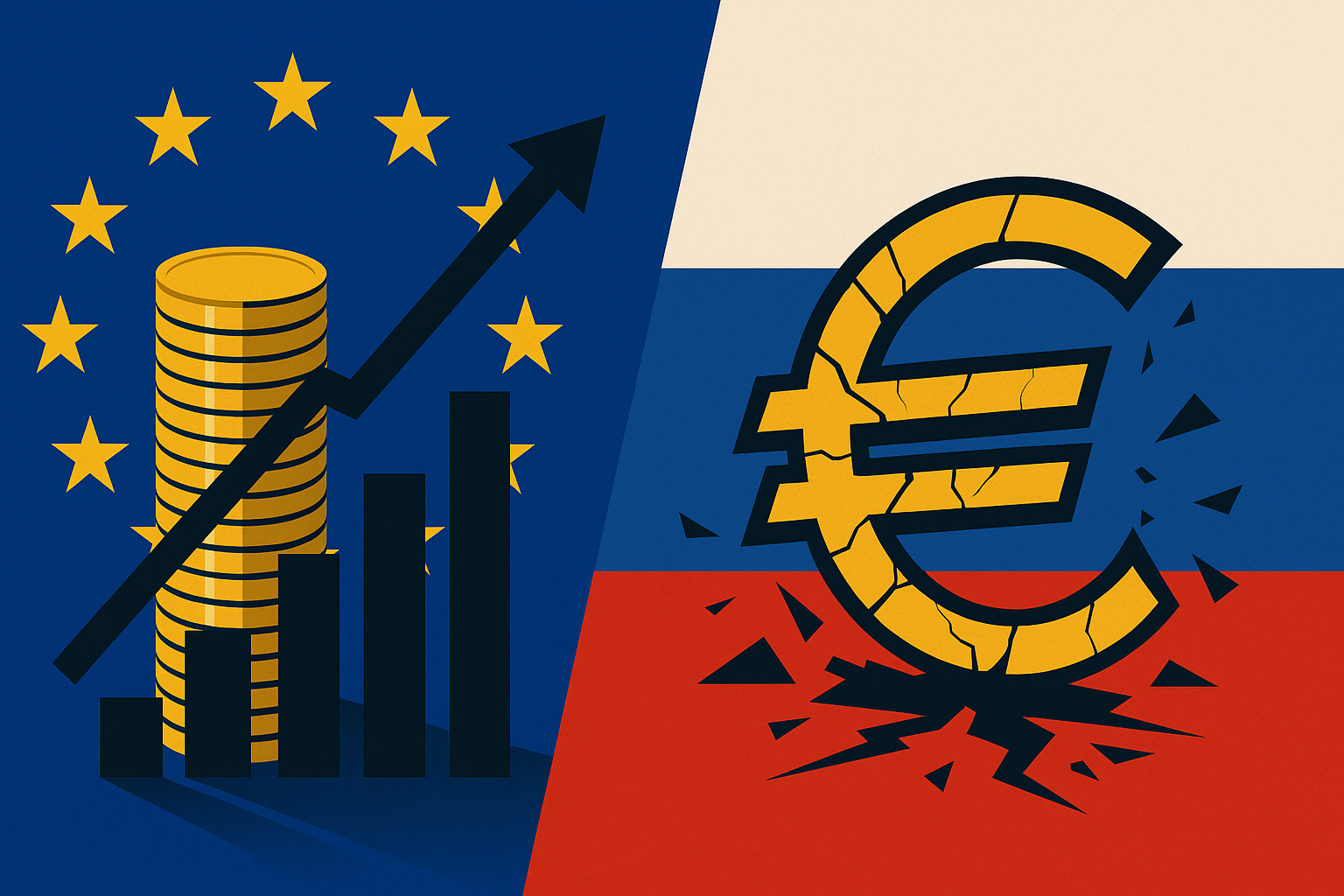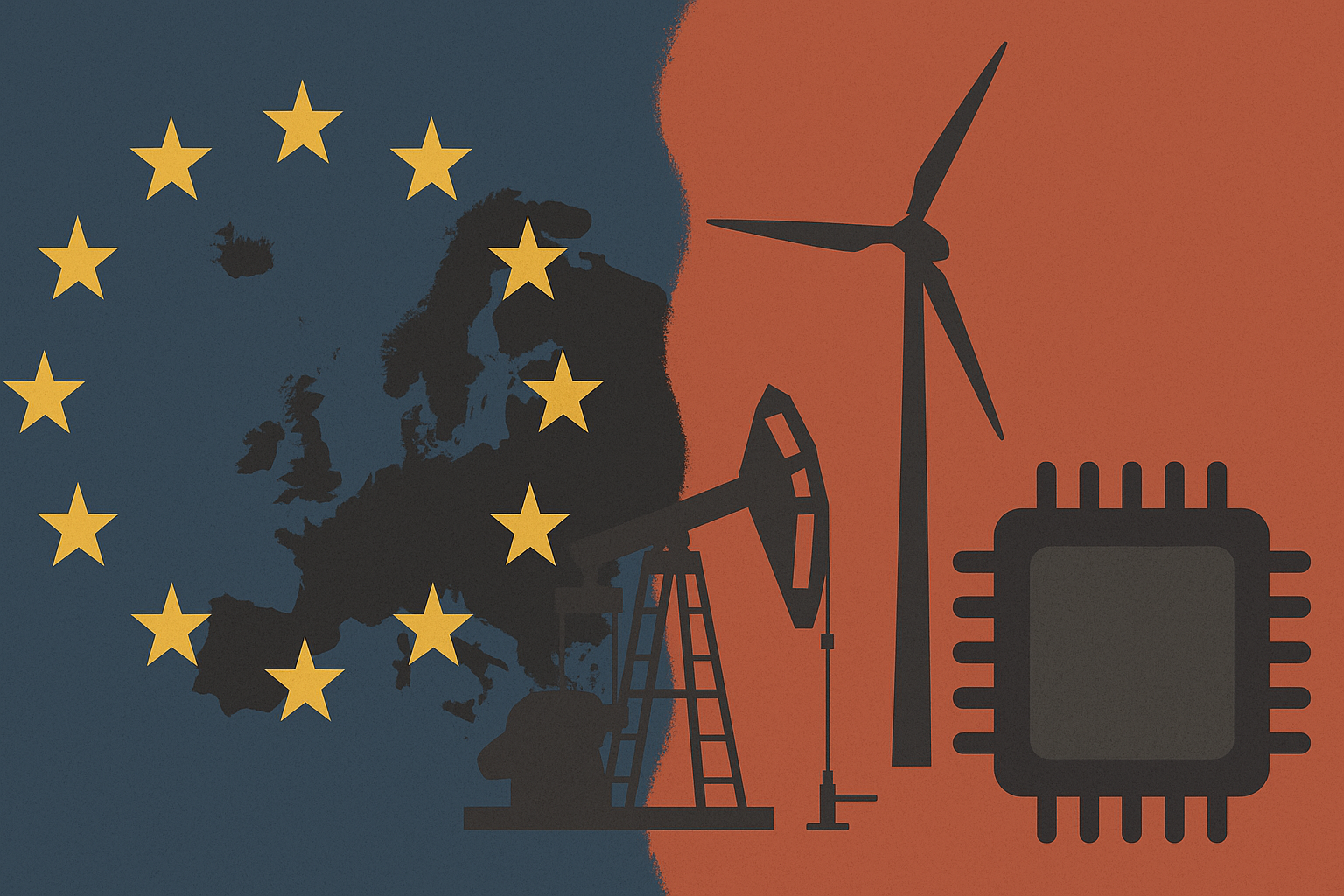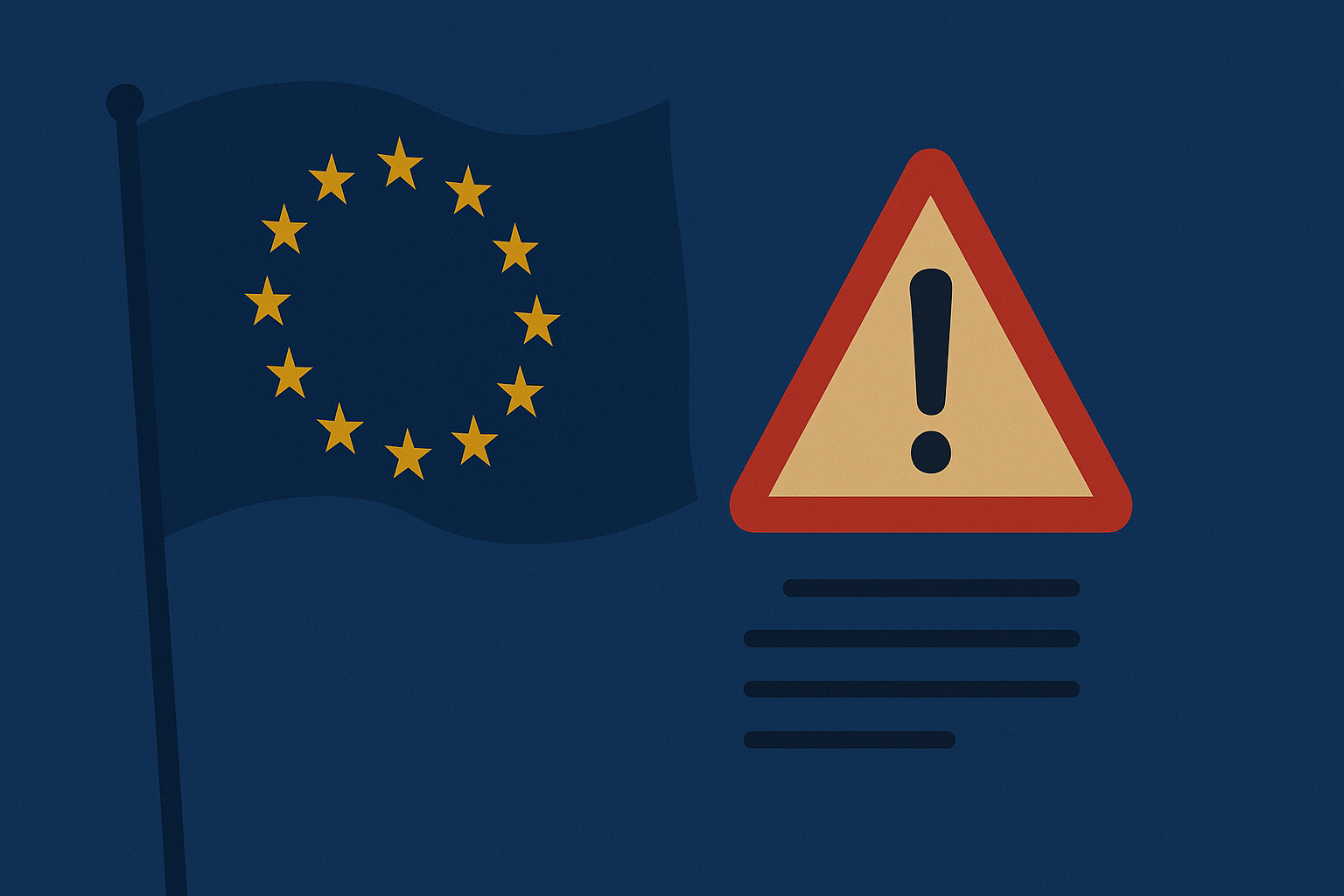In a landmark move signaling renewed cooperation between two major European powers, British Prime Minister Keir Starmer and German Chancellor Friedrich Merz have signed a comprehensive treaty focused on defence collaboration and tackling illegal migration.
Dubbed the “Kensington Treaty”, this agreement marks the first formal treaty between the United Kingdom and Germany since World War II. It encompasses a wide array of joint initiatives ranging from military integration to economic development and border security.
Strengthening Defence and Tackling Smuggling Networks
Central to the agreement is a joint commitment to combat migrant smuggling operations, particularly those targeting small-boat crossings of the English Channel. Germany has pledged to introduce legislation by the end of the year that would make the facilitation of illegal migration to the UK a criminal offence, granting German authorities broader powers to disrupt smuggling operations, including raiding warehouses and seizing boats intended for illegal crossings.
Prime Minister Starmer hailed the move, saying, “Chancellor Merz’s commitment to change German law to help disrupt dangerous smuggling networks is hugely welcome.”
The treaty builds upon a previous UK-Germany defence pact signed last year, with both countries reaffirming their cooperation in the face of growing threats, particularly from Russia. The new agreement expands this partnership, with plans for joint military training, cyber defence collaboration, and co-development of advanced weaponry, including Typhoon fighter jets, Boxer armored vehicles, and a precision strike missile system to be developed over the next decade.
Economic Collaboration and Industrial Cooperation
In addition to defence measures, the Kensington Treaty sets out economic cooperation initiatives, including a joint export strategy, investments in high-quality job creation, and cross-border infrastructure projects such as a proposed new rail link between the UK and Germany.
During their working lunch at 10 Downing Street, the leaders also announced that German defence manufacturer Stark, known for supplying drones to Ukraine, will establish a factory in the UK. The move is expected to boost the local economy and deepen supply chain integration between the two countries.
Educational Exchange and Youth Mobility
The treaty also addresses youth mobility, with new visa-free travel arrangements and a simplified framework for school exchange programs. Chancellor Merz highlighted the importance of these initiatives, saying, “I’m glad the agreement allows the younger generation in particular to better understand both countries.”
A Post-Brexit Reset
The signing of the Kensington Treaty reflects Prime Minister Starmer’s broader strategy of rebuilding the UK’s European ties in the post-Brexit era. While he has ruled out rejoining the EU’s single market, Starmer has emphasized the importance of closer defence and economic alignment with European partners.
Chancellor Merz, making his first official visit to the UK since taking office in May, called the treaty “overdue” and expressed surprise that it was the first of its kind since the Second World War. “We had the UK in the EU and thought that was enough, but we are now learning it’s not. We need to do more,” he remarked.
While strengthening Germany’s international profile through this treaty, Merz is also managing internal political challenges, including a domestic dispute with coalition partners over judicial appointments.
The Kensington Treaty marks a significant evolution in UK-German relations, positioning both nations for a new era of strategic partnership across defence, economic growth, and global security.








